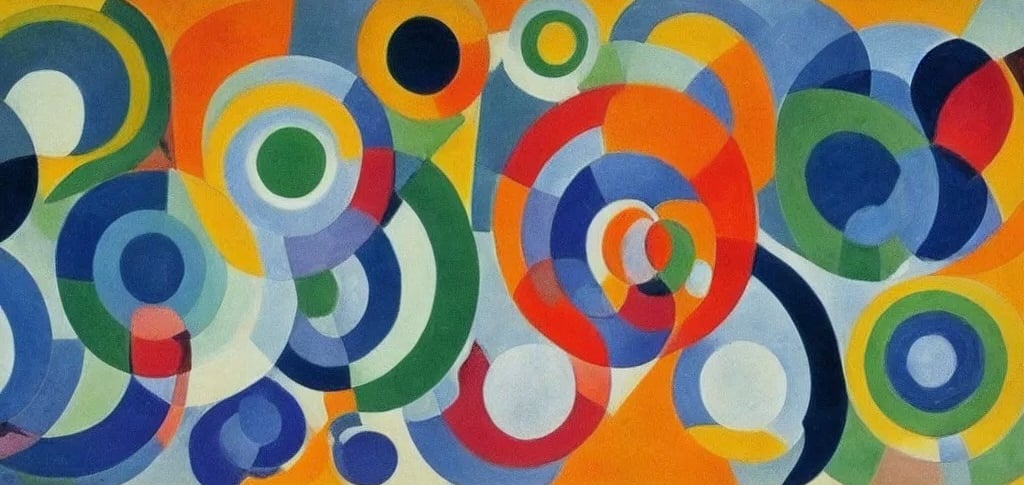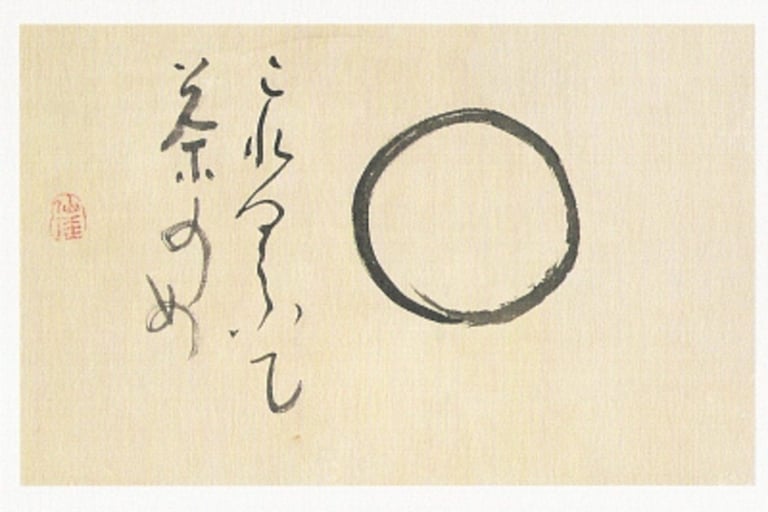A Seeker of Nothing
The Space Between the Chaos of Life and the Stillness of Being
Abhishek Raj
10/2/20243 min read


We live in a time where knowing everything feels like a requirement. We are flooded with so much information. We want to know more, do more, be more. But WHY? When did life become a race to consume everything? A decade ago, there was room for silence, for simply being. Now, it’s a constant chase. Yet we never ask, What exactly are we chasing?
It’s that typical Monday morning. You wake up, grab your phone, just to check the time, and within seconds, somehow you’re scrolling through an endless feed. Travel posts, Insta stories, that cafe you haven’t visited yet, some random heart-breaking shayari, a bit of Osho’s philosophy thrown in.
And somewhere in the middle of all this noise, you feel it, a subtle unease. You start wondering if you’re missing out, if there is more you should be seeing, knowing, experiencing. Isn’t this what life is supposed to be? A constant search to fill every moment with something? Be joyful at all times? Living every moment fully.
But then, a question bothers you: How much is enough?
I don’t have an answer. The more I dive into this pursuit of knowing, the more I read, the more I realise that we can never truly know everything. Life’s vastness is unfathomable. No matter how hard we try, we remain eternal students. Even the so-called “experts” are still learning. But what has changed from decades ago, when access to information was harder? Even, then people were “learned”. So, do we really need this flood of information.
Here’s an interesting fact: The human brain makes up just 2 to 3 percent of our body weight, yet it consumes a staggering 25% of our body’s energy when we’re at rest, much higher than in other animals. Our oversized brains come at a hefty cost, a constant drain on our energy. As we seek endless knowledge and stimulation, are we burning ourselves out, straining this energy-hungry organ by chasing after too much?
Yet, there is a deeper question: can we truly know about nothing? It’s tricky. Is nothing actually something? Śūnyatā, often translated as emptiness, is a concept that speaks to this paradox. It’s the idea that everything is void of inherent, fixed meaning or substance, and in recognising this, we see the true nature of reality.
We chase after knowledge, thinking that accumulating more will bring us clarity. But what if the ultimate understanding is in embracing the void: the realisation that nothing has a fixed essence? The more we try to fill our minds with information, the more we might overlook the depth of nothingness which lies in the heart of existence itself.
Consider this: when you stare into a very very bright light, what happens you don’t see illumination, you are blinded. The light is so intense that you are overwhelmed, and in that moment you see nothing, the same can be said of our search for knowledge and meaning. We chase after the brightest lights, but often they blind us, leading us back to the very darkness we sought to escape.
It takes time for our eyes to adjust, for the mind to process. What appears as darkness can, actually be the brightness of understanding. Sunyata is not a void in the negative sense, but space where all possibilities exist, where all things are interlinked and transient. It’s the ultimate truth hidden behind layers of distractions and data we constantly pursue.
Take death, for example. Different religions have different things to say about what happens after death. What will your afterlife look like. No one knows for sure. It’s a mystery wrapped in uncertainty. When life leaves the body, what remains is a residue, a shell, devoid of the soul that once animated it. In a way, death is the final encounter with nothingness with Sunyata , a return to the source.
We spend so much of our life, running away from the idea of nothingness. We want to avoid it at all costs. It’s a fear of becoming insignificant, of becoming zero. Yet in a paradoxical way, isn’t nothingness, what we all must confront? Perhaps darkness is the ultimate light and emptiness is the ultimate fullness.
And perhaps loneliness isn’t the state of being alone, but the fear of being alone. Just like we fear the void, we fear ourselves. We fill our life with noise, people, and things, so we don’t have to confront the silence, the emptiness, or the nothingness within. But what if, in accepting the void, we discover that loneliness is merely the shadow of that fear?
Maybe the real question isn’t whether we can know everything or whether we can avoid loneliness or nothingness. Maybe the question is, can we find the peace in knowing nothing, in embracing the void and in standing still within ourselves, because in that stillness in that acceptance, perhaps lies the only true answer we will ever need.


The Enso (Śūnyatā Symbol)
Rhythm by Robert Delaunay
Discover the Art of Simply Being
© 2024. All rights reserved.

While I’d love to get a handwritten letter delivered by carrier pigeon, an email works too. Let’s hear those thoughts!
Mail me at
